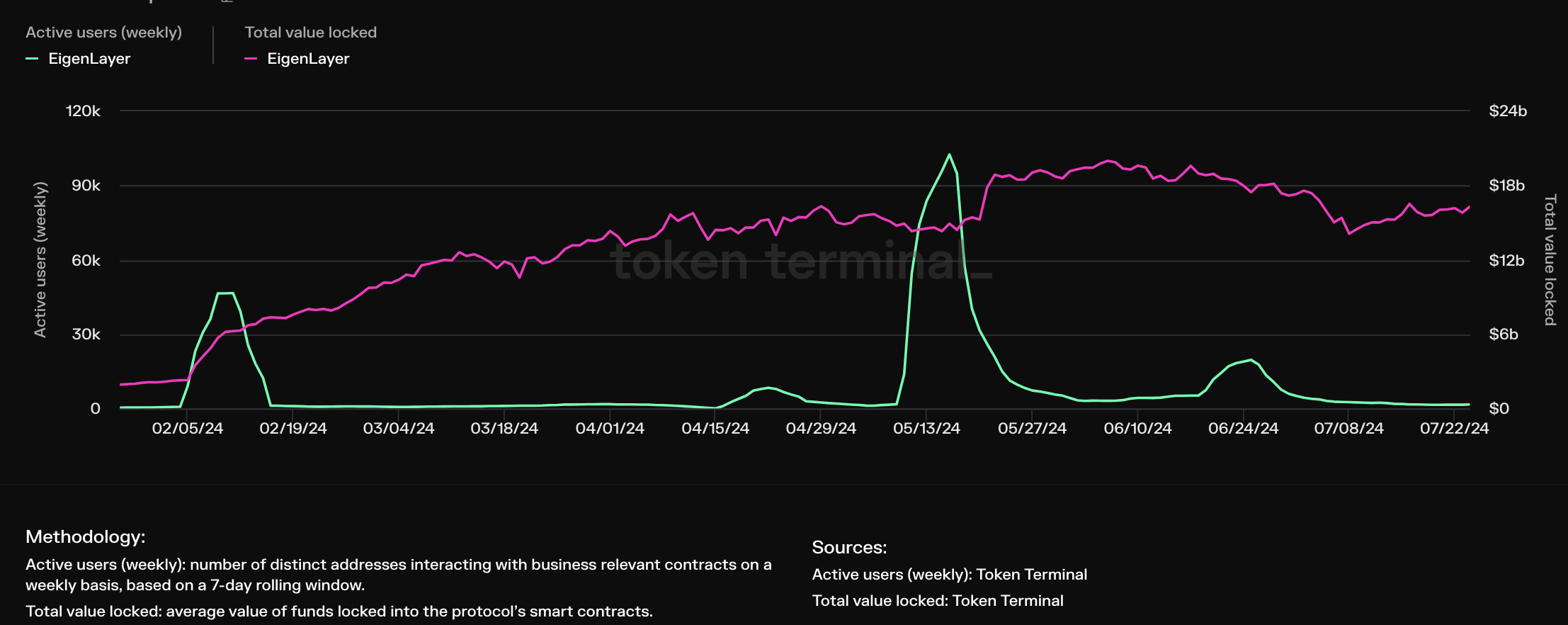Bitcoin’s recent market movements hint at a promising future, with key indicators suggesting a potential price breakout on the horizon.
The popular cryptocurrency has been navigating through a turbulent phase, but the signs are clear: Bitcoin might be gearing up for a massive surge.
Traders and analysts alike are closely watching the signals, particularly the bullish patterns forming between Bitcoin’s price and its RSI (Relative Strength Index).
Additionally, the tightening of Bollinger Bands suggests an impending spike in volatility, which historically precedes major price movements.

If the RSI shows divergence by not reaching new lows as the price tests lower Bollinger Bands, it could indicate accumulating bullish momentum. This is reinforced if the price consistently respects the lower band as support.
Traders should watch for a breakout above the upper Bollinger Band accompanied by increased volume, confirming trend strength and providing a potential long entry point.
Given the historical volatility and the potential for both rapid upswings and downturns, setting tight stop-loss orders just below recent lows or the lower Bollinger Band would be prudent.

The horizontal lines at the bottom (around 63,900) and top (around 64,000) of the recent price action indicate short-term support and resistance levels.
Examine the chart below. It has identified multiple double-bottom formations, a bullish reversal pattern that typically indicates that the selling pressure is exhausting, and a potential upward move could follow.
The double bottom near the “Double Bottom RR – 21.5” indicates a higher likelihood of a bullish reversal, as the risk-reward ratio (RR) is high.

With the presence of both bullish (double bottom) and bearish (double top) patterns, traders might consider a strategy that accommodates quick shifts, such as bracket orders that allow for both upward and downward price movements.
- For Bullish Traders: Monitor for a stable breakout above the recent double-top formation; this could indicate a significant bullish move. Ensure the move is supported by increased volume, a bullish crossover in the MACD, or a high RSI reading.
- For Bearish Traders: Look for rejection at key resistance levels and confirmation of double top patterns as opportunities to enter short positions. Use stop-loss orders above the recent highs to mitigate risks.
- Volatility Preparedness: With the Bollinger Bands indicating a spike in volatility, both bullish and bearish traders should be prepared for rapid price changes. Using tight stop losses and having clear profit targets can help manage sudden moves.
Jai Hamid





